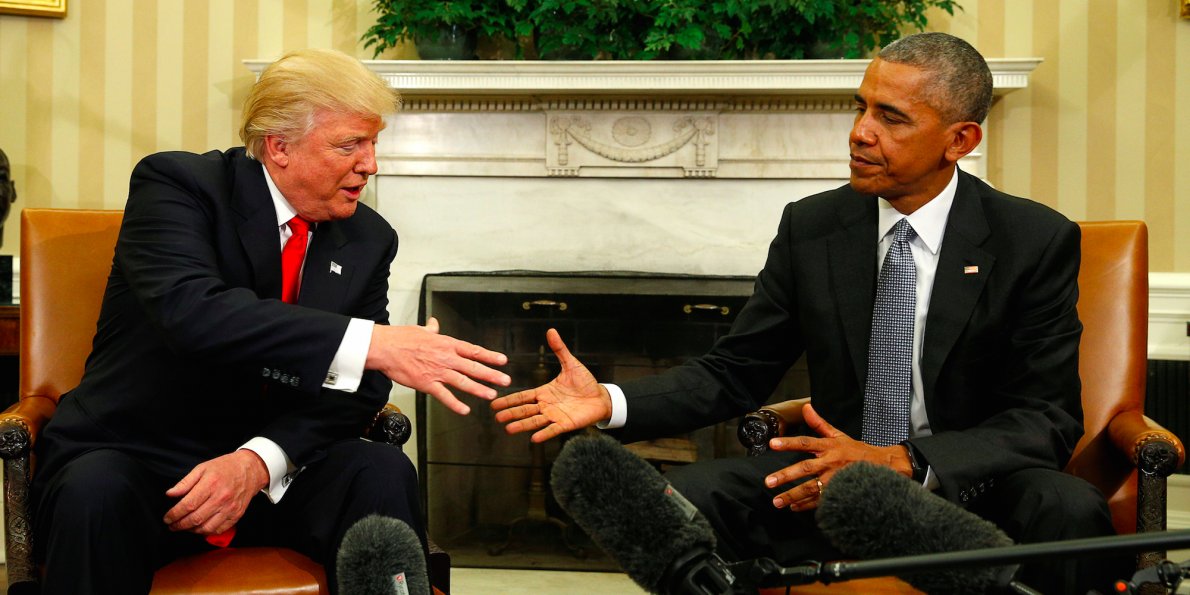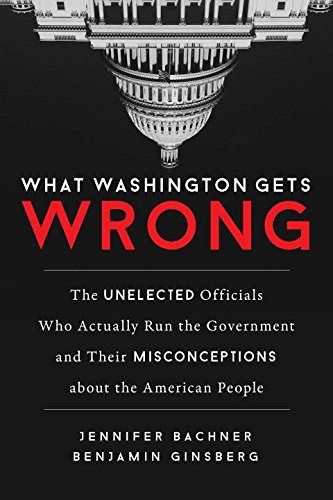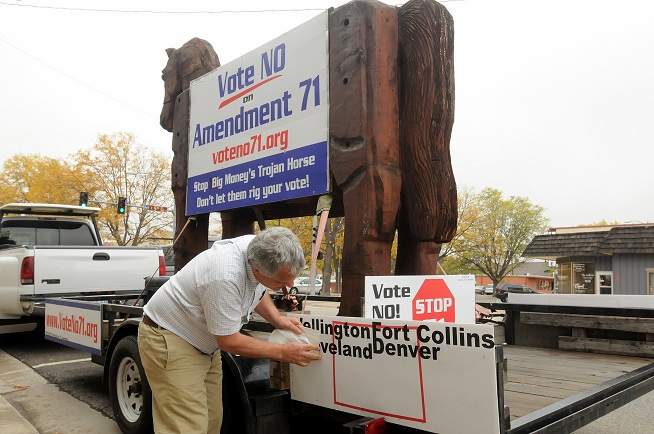Fair enough. But respect, as the saying goes, is a two-way street, and Americans have a long and ignoble tradition of denigrating expertise. Today, nearly 40 percent of adults think there isn’t evidence for global warming. Skeptical parents won’t vaccinate their children, endangering their communities with breakouts of preventable diseases like measles. So maybe we can make a deal. If we want experts to listen to our opinions, we might also do them the courtesy of sometimes listening to their opinions, too.
The imbalance of power is exactly what drives the contempt on one side and resentment on the other. Again, nobody is calling for government by referendum. But we don’t have to “do the courtesy” of listening to the subject-matter experts. They have, by virtue of the administrative state, the power to compel us not only to listen, but also to obey. They have the power to make life more complicated, more expensive, more energy-draining, more trap-ridden. And they do it with our own money.
 Looking at a map of where the Democrats are in the majority, the fashionable conclusion is that their party is now a regional one, hugging the coasts. In fact, they’re barely even that. One-third of all Democratic Congressmen come from just three states – California, New York, and Massachusetts. So when the party chose Chuck Schumer (NY) and Nancy Pelosi (CA) to lead it in the Senate and House, they were just being true to the current shrunken geography. They may represent the party’s ideology, but there also just weren’t that many states to choose from.
Looking at a map of where the Democrats are in the majority, the fashionable conclusion is that their party is now a regional one, hugging the coasts. In fact, they’re barely even that. One-third of all Democratic Congressmen come from just three states – California, New York, and Massachusetts. So when the party chose Chuck Schumer (NY) and Nancy Pelosi (CA) to lead it in the Senate and House, they were just being true to the current shrunken geography. They may represent the party’s ideology, but there also just weren’t that many states to choose from. In my copious free time, I’ve been looking over the names on the “Trump Transition Team,” (and there’s a phrase that, 48 hours ago, would have free-associated with, “medical marijuana”) gleaned from an org chart obtained by the AP.
In my copious free time, I’ve been looking over the names on the “Trump Transition Team,” (and there’s a phrase that, 48 hours ago, would have free-associated with, “medical marijuana”) gleaned from an org chart obtained by the AP.
 This year, one of the more controversial ballot measures is a proposed State Constitutional amendment to limit State Constitutional Amendments. It has some superficial appeal: In some years past, a fair number of amendments have passed, and the State Constitution is supposed to be a foundational document, not just a compilation of what some people in a given year think are cool ideas. This year, a number of out-of-state environmental groups tried and failed to get anti-energy initiatives on the ballot, and Amendment 71 is in large part a response by the energy industry to that effort.
This year, one of the more controversial ballot measures is a proposed State Constitutional amendment to limit State Constitutional Amendments. It has some superficial appeal: In some years past, a fair number of amendments have passed, and the State Constitution is supposed to be a foundational document, not just a compilation of what some people in a given year think are cool ideas. This year, a number of out-of-state environmental groups tried and failed to get anti-energy initiatives on the ballot, and Amendment 71 is in large part a response by the energy industry to that effort. Maybe they are.
Maybe they are. In his short book of essays,
In his short book of essays, 


